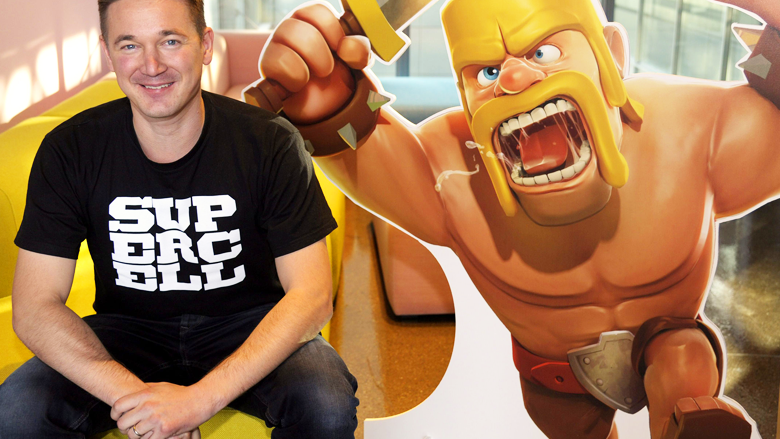Ilkka Paananen, CEO of Supercell, told Games Industry in an interview what the corporate culture in the Finnish studio looks like. The main points: working in a company is not sugar, but no one is afraid to make mistakes.
At first, Paananen shared that he does not consider himself a game developer at all. “I obviously love games, I’m a gamer myself, but I really like to create studios that develop games.”
Paananen considers the special atmosphere prevailing in the studio to be the reason for the success of Supercell. There are several components here.
The interests of developers are always at the forefront: “Our main find is that we put developers first, and not a CEO or creative director with a stick who commands everyone. We want them to make the coolest games possible. Our task is to remove everything that hinders them and make sure that everything works out for them.”
Although this does not mean that developers are pampered. “The deepest misconception about Supercell is that we are one friendly family, where everyone has fun, does what they want and does not worry about the results. But this is far from the case. We have very high standards,” Paananen shares.
The company has full transparency regarding project indicators. Every morning, all employees receive a full report on project metrics. That is, if the KPIs are far from the set ones, then you will not be able to ignore the situation. This helps developers to recognize both their mistakes and their achievements.
“If the players don’t like the game, then the metrics immediately show it. Yes, as a result, developers are under a lot of pressure. But those who belong in Supercell love this atmosphere,” says Paananen.
This is not done to shame anyone. This practice is necessary so that everyone shares their experience and successful finds.
Another point that Paananen notes is that if the metrics of the game do not meet the company’s standards, then the project is “killed”. In the press, the head of Supercell shares, the story is replicated that the team celebrates the closing of each game with champagne. But in fact, everything is a little different.
“Believe me, killing a project you’ve been working on for six to nine months is not fun at all. We’re not throwing a champagne party to celebrate failure. We note the lessons we have learned in the process. We are trying to create an environment in which no one is afraid to make mistakes. My worst nightmare is to wake up one day and realize that we haven’t been wrong for a whole year. This will mean that we are not taking any risks.”
A source: Games Industry

